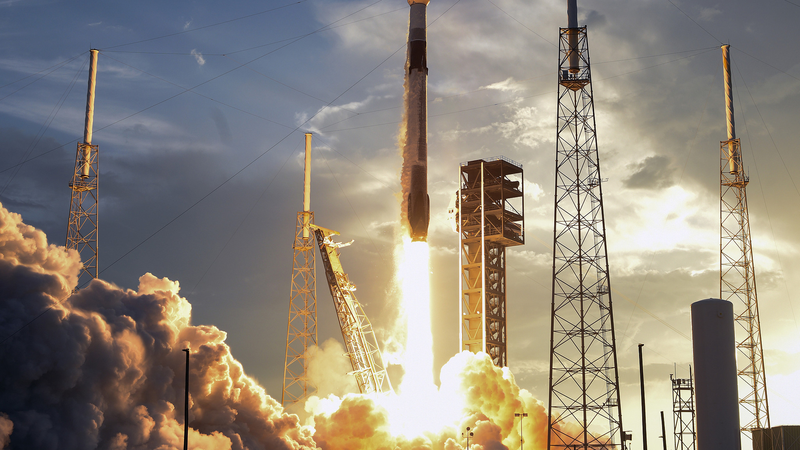In a move that sounds like science fiction but feels all too real, a recent memo from the US State Department warns allies against using Chinese satellite services. The rationale? National security concerns over potential data leaks to the government on the Chinese mainland.
On paper, framing satellite networks as an existential threat is a textbook case of “securitization,” where routine tech tools become battlegrounds for geopolitics. But here’s the twist: US-based providers have shown they can also act on political whims. In 2022, Elon Musk’s Starlink refused to extend Internet coverage to Crimea—highlighting that private firms can follow their own agendas, without any legal mandate tying them to US foreign policy.
The irony runs deep. Washington accuses Chinese firms like Chang Guang Satellite Technology of creating a “Beijing-controlled market,” yet American giants already dominate areas from cloud computing to defense systems. What’s good for the goose is good for the gander, right? This double standard risks alienating allies who value balanced partnerships over zero-sum games.
By casting Chinese satellites as “untrusted suppliers,” the US may unintentionally push partners into alternative space networks—ones built outside its sphere of influence. In a multipolar world hungry for autonomy, the credibility hit could be long-lasting. As countries seek reliable, politically neutral services, American leadership in space could face unexpected turbulence.
For young global citizens, entrepreneurs, and digital nomads alike, this debate underscores a broader lesson: technology is never just tech. It’s a tool of power, trust, and diplomacy. And when security narratives start dictating which networks we plug into, the real risk isn’t on the ground—it’s in losing the next frontier of global cooperation.
Reference(s):
Why U.S. accusations against Chinese satellites may backfire
cgtn.com




